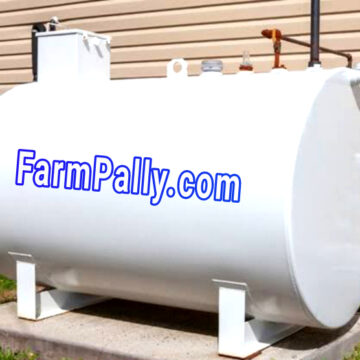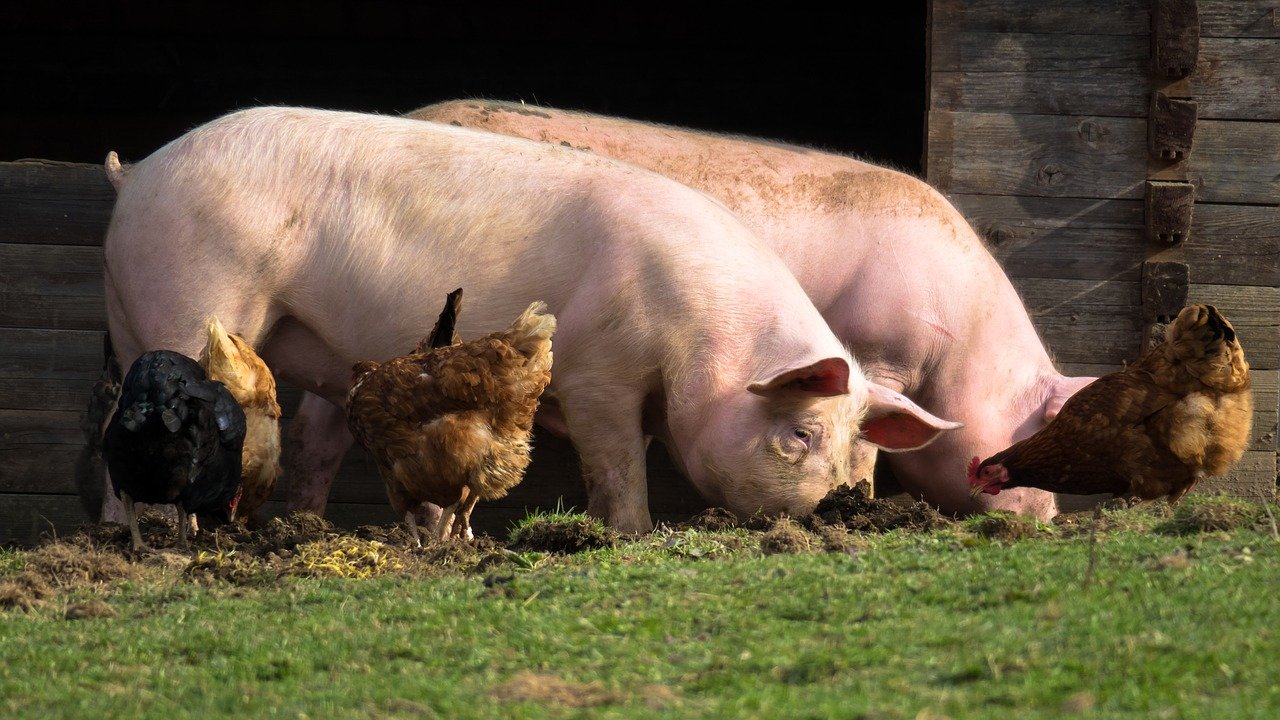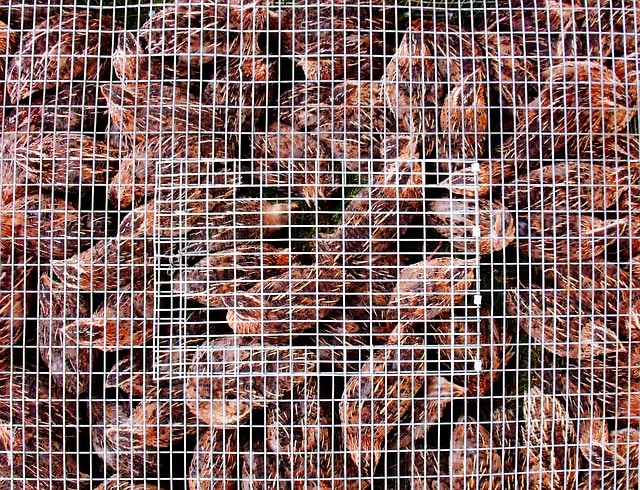There are several management problems that are commonly encountered in chicken production.
Some of the common problems with keeping chickens are:
- Heat stress
- Cannibalism
- Egg eating
- Egg defects
- Sudden Noise
- Cage fatigue
- Rodents
Heat Stress in Poultry
Heat stress is a serious problem in poultry, especially if the house is not constructed properly or the birds are overcrowded in their house.
Heat stress can pose a serious problem for birds if not prevented or controlled early.
The effect could be in the form of reduced feed intake, reduced egg production, egg weight, shell thickness, growth rate, habitability, and fertility.
Management of heat stress in poultry is not technical at all
Heat stress can be prevented or managed in the following ways.
- Providing an adequate supply of clean, cool water at all times can help to reduce heat stress in poultry.
- Similarly, you should provide more drinkers during the summer since birds lose water from their bodies more than in the winter due to sunlight.
- Ensure there’s adequate ventilation in the poultry house so they can get fresh air all the time.
- You can also reduce heat stress by sprinkling water on the roof of the house, especially during the hottest hours of the day.
- For layers heat management, you should feed them at night when the temperature is very low.
- If you have a large poultry farm, you can plant canopy trees around your poultry pens, this also helps the heat issue.
Cannibalism in Poultry
Birds pecking one another in poultry can gradually result in cannibalism.
It’s always funny that once it starts, it could be disastrous.
Therefore, vent pecking in poultry is nothing to joke with, else, a great loss is beckoning.
Birds are regularly seen pecking each other’s feathers without any issue.
However, sometimes, this pecking may turn into pulling out and eating feathers, and finally, it leads to cannibalism.
Why do chickens now peck each other to death?
The following are some causes of cannibalism among birds.
- The poultry house is Poorly ventilated
- There’s a too-low salt level in their feed
- The poultry environment is extremely humid or warm
- Overcrowding
- Inadequate numbers of feeders, drinkers, and laying nests in the poultry house
- Too much lightning in the poultry house
- Stress among the birds
- Prolapsed oviduct in any other flock mate.
- Having some birds of different age or size, and multiple colors different from others
- Lack of laying nest or insufficient nesting space
- High temperatures
- Over nervousness injury
Treatment of Cannibalism in Poultry
There are a few and simple ways you can control cannibalism in poultry
When cannibalism is noticed, the following measures can be used to curb it.
- Prompt removal of pecked bird, once the birds notice blood, vent pecking increases.
- Lighting should be dim to reduce their activities and activeness.
- Wounds on any of the birds should be painted with GV (gentian violet) or coal tar to discourage pecking
Another strategic way you can control cannibalism is to keep the birds busy by providing any of the following
- Make available green leafy vegetables for your birds
- Allow the birds out of their cage for a few minutes, this can help with stress, which is a trigger of cannibalism.
- Change the birds’ feed
- Some poultry farmers also give a teaspoon of Apple cider vinegar in one liter of water and give it to their birds once a week.
Egg Eating Habit in Poultry
Egg eating is also a common problem in the poultry business.
Actually, it is not bad for chickens to peck their eggs or that of other birds.
However, it is bad for a chicken to eat her eggs or eggs of other hens.
It’s not bad from the perspective of animal nature, but for farmers’ profitability, it is highly discouraged.
The reason chickens eat eggs has been found to be a deficiency in calcium or their instinct to make good use of the beak.
There are other triggers of the egg-eating habit in poultry.
The following can lead to the development of egg-eating behavior.
- Nutritional deficiencies, especially calcium
- Inadequate nesting facilities for layer chickens
- The eggs are not picked promptly
- Accidental breakage of eggs
Egg eating is a habit that is usually started by one or two birds in the pen.
This habit can be imitated by more birds in the flock.
Within a short period, it becomes a serious problem in the flock.
It is thereby important to consider the above-mentioned causes of egg-eating habits so it can be prevented or controlled properly.
And any hen that is identified as a habitual egg eater should be culled immediately.
Egg Defects in Poultry
There are many defects that can be seen in eggs.
These include abnormal egg size, soft-shelled eggs, and a high percentage of eggs with cracks.
An excessive number of cracked eggs may be a result of calcium, vitamins A and D deficiency.
Poor management such as insufficient litter material on the hardy floor, poorly designed nests such as a steep floor that can lead to rapid rolling eggs, inadequate nesting facilities, and infrequent egg collection can also lead to a high incidence of egg cracks.
Sudden Noise in Poultry
Chickens are sensitive to sound and light. Chicken can start making croaking noises when they notice strange things in their environment.
Chicken can begin to squawk loudly when they become hysterical.
If they are in a cage, they will all attempt to escape from the cage or the pens.
Chicken crying or loud sound means they’re afraid.
You should check them immediately once you hear them making a weird noise.
It may be possible they notice predators like snakes or other animals like rodents.
The fear can lead to a loss. The birds may start huddling together out of fright, leading to possible suffocation and death.
Therefore, avoid sudden noise or any form of disturbances such as blasting car horns, alarm, or gunshots.
Poultry Cage fatigue
Poultry cage fatigue is common mostly in layer chickens.
This defect is usually characterized by stress associated with housing birds in cages.
It manifests through the inability of the bird to reach water and feed, leading to starvation.
If this is prolonged and unnoticed, it may lead to their death.
Birds affected should be transferred to deep litter pens and an anti-stress therapy may be prescribed by the veterinarian.
Rodents and Birds
Rats cause economic losses to poultry businesses.
They can be controlled through the use of traps and appropriate poisons.
Wild birds should also be prevented from entering poultry houses.
Chicken Loses
Some chickens will die during the laying period.
Efforts should be made to reduce the incidence of mortality among the flock.








